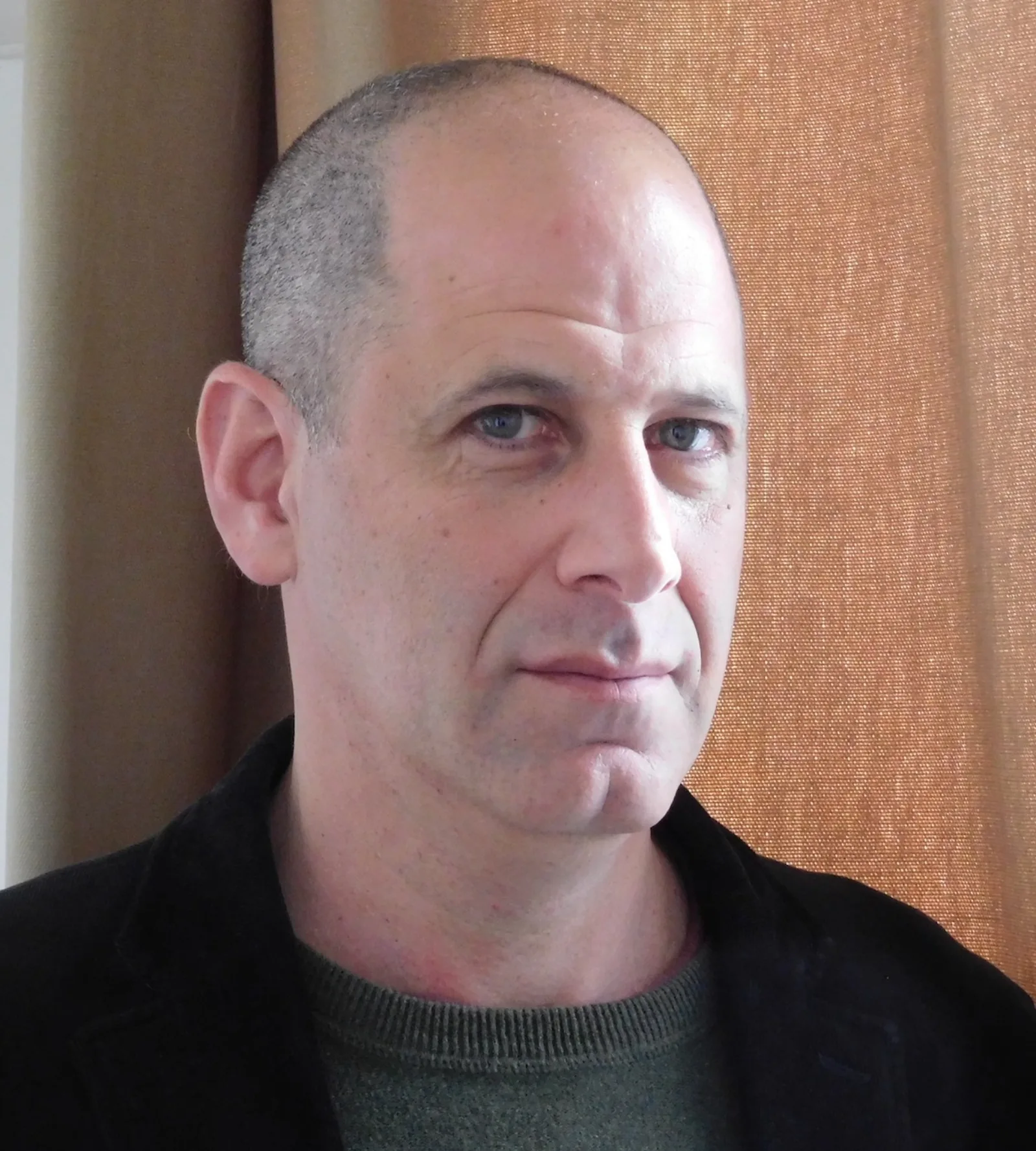Listen to an audio recording of this program.
Heralded as America’s most quintessentially modern city, Chicago has attracted the gaze of journalists, novelists, essayists, and scholars as much as any city in the nation. And, yet, few historians have attempted big-picture narratives of the city’s transformation over the twentieth century. Chicago on the Make traces the evolution of the city’s politics, culture, and economy as it grew from an unruly tangle of rail yards, slaughterhouses, factories, tenement houses, and fiercely defended ethnic neighborhoods into a truly global urban center. Reinterpreting the familiar narrative that Chicago’s autocratic machine politics shaped its institutions and public life, Andrew J. Diamond demonstrates how the grassroots politics of race crippled progressive forces and enabled an alliance of downtown business interests to promote a neoliberal agenda that created the stark inequalities that ravage the city today. Chicago on the Make takes the story into the twenty-first century, chronicling Chicago’s deeply entrenched social and urban problems as the city ascended to the national stage during the Obama years.
After his talk, Dr. Diamond will sign copies of the book; Chicago on the Make: Power and Inequality in a Modern City will be available for purchase in the Newberry Bookstore. Your purchase helps to support the Newberry Library and this program’s featured author.
Download a PDF flyer for this program to post and distribute, and explore related Newberry materials with our Collection Quick Guide on race and politics in Chicago.
Andrew J. Diamond is Professor of American Civilization at the Sorbonne in Paris, where he directs the Center for the Study of Politics and Society in the Anglophone World. He is the author or coauthor of numerous books and articles on race and politics in urban America, including Mean Streets: Chicago Youths and the Everyday Struggle for Empowerment in the Multiracial City, 1908–1969.
Your generosity is vital in keeping the library’s programs, exhibitions, and reading rooms free and accessible to everyone. Make a donation today.
